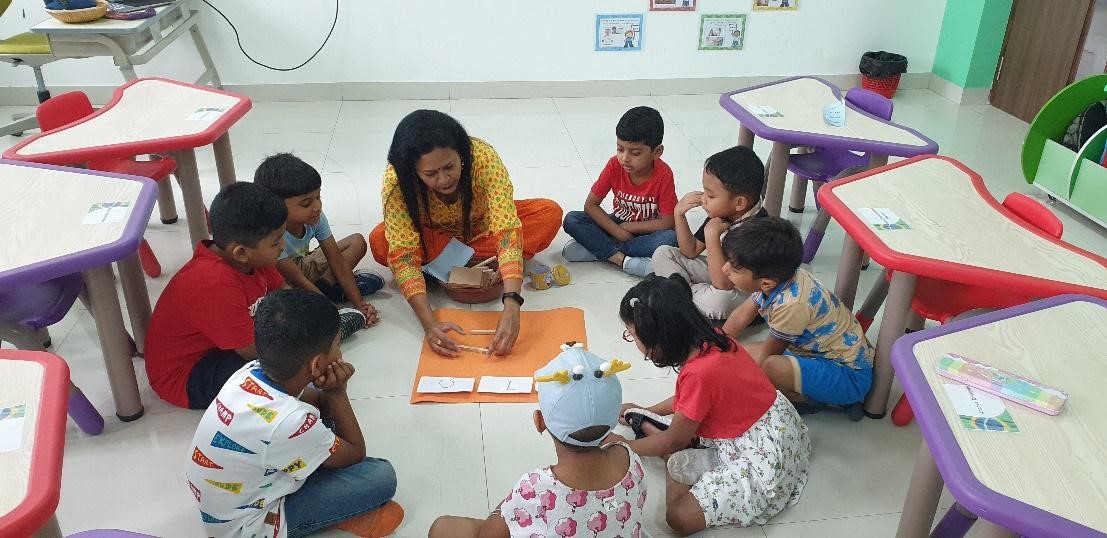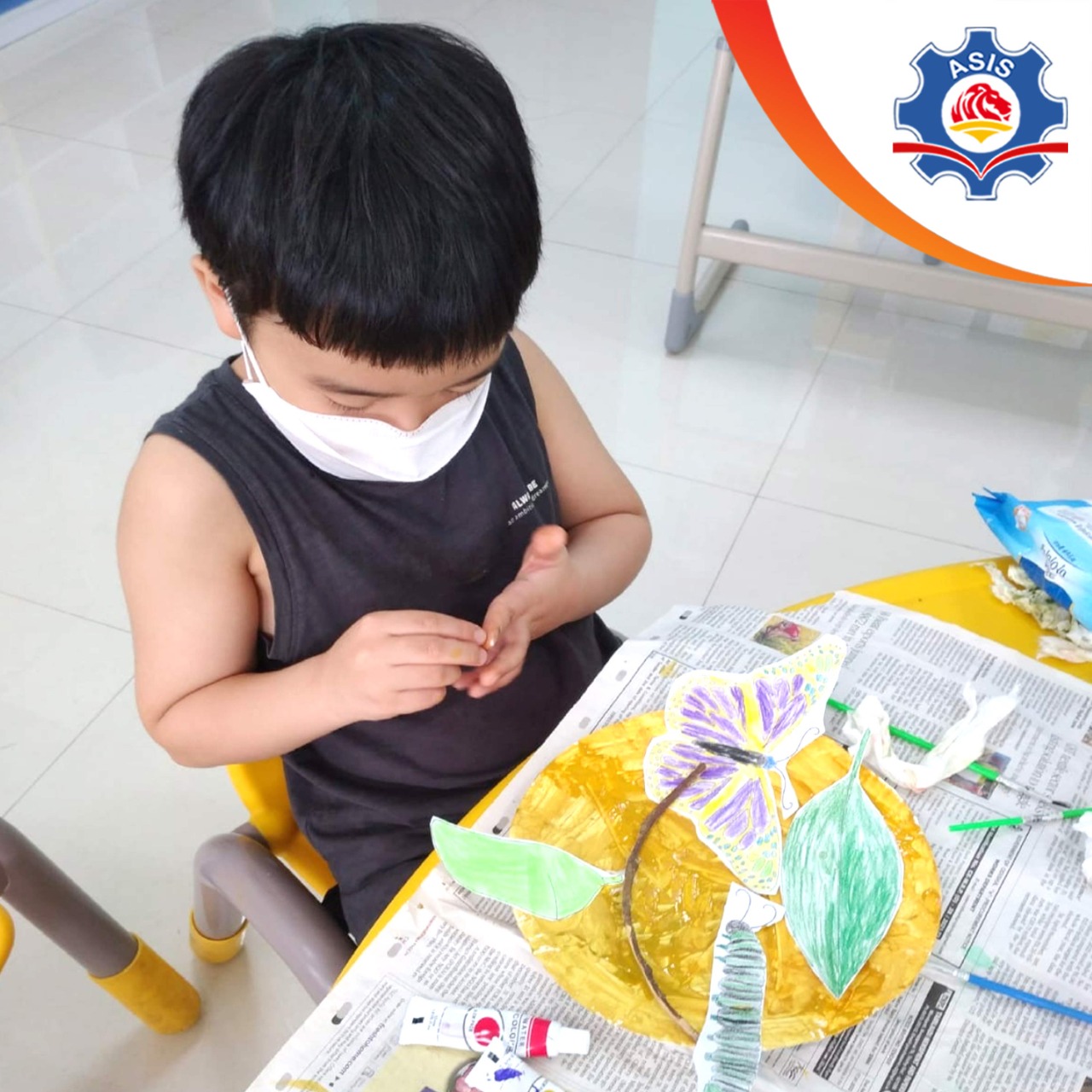Small Steps, Big Wins: Making Homework Manageable and Fun for Your Child
June 6, 2024Written by R. C. Sabalboro.jpg)
Homework and assigned tasks can often seem overwhelming to children, leading to frustration and avoidance. However, by teaching children to set achievable goals and break tasks into manageable chunks, parents can help them develop a sense of accomplishment and a positive attitude toward their work. Here's how to guide your child in this important skill and celebrate their small victories.
Setting goals helps children to develop a clear sense of purpose, improve focus and concentration, build confidence through small, incremental successes and learn time management and organizational skills.
Here are the steps to help your child set achievable goals:
- Identify the Task - Start by discussing the assignment with your child. What needs to be done? Understanding the task is the first step in making it manageable.
- Break It Down - Divide the task into smaller, more manageable parts. For instance, if your child needs to write a book report, break it down into reading the book, making notes, drafting the report, and then revising it.
- Set Clear and Specific Goals - Ensure each small part has a clear and specific goal. Instead of saying, "Work on your book report," try "Read chapter one and write three main points today."
- Create a Timeline - Help your child create a timeline with deadlines for each smaller task. This prevents last-minute rushes and makes the project seem less daunting.
- Use Visual Aids - Use charts, checklists, or calendars to visualize the progress. Checking off completed tasks provides a sense of accomplishment.
Tips for Keeping Your Child Motivated
- Be Involved - Show interest in their work. Ask about their progress and assist when needed. Your involvement shows that you value their effort.
- Celebrate Small Victories - Acknowledge and celebrate each completed step. Whether it’s through praise, a small treat, or extra playtime, recognizing their effort keeps them motivated.
- Encourage a Growth Mindset - Teach your child that challenges are opportunities to learn and grow. Praise their effort and perseverance rather than just the outcome.
- Provide Breaks and Downtime - Ensure your child has regular breaks to rest and recharge. Short, frequent breaks can improve focus and productivity.
- Set Realistic Expectations - Ensure the goals set are realistic and attainable based on your child’s age and abilities. Unrealistic goals can lead to frustration and discouragement.
Take a look at a practical example. Suppose your child has a science project due in two weeks. Here’s how you can break it down:
Day 1-2: Research the topic.
Day 3: Write down key points from the research.
Day 4: Plan the project structure (introduction, body, conclusion).
Day 5-7: Write the first draft.
Day 8-9: Create any necessary visuals or models.
Day 10: Revise the draft.
Day 11: Practice the presentation (if required).
Day 12: Final review and preparation.
Each of these steps can be celebrated upon completion, keeping your child motivated and on track.
Setting achievable goals and breaking down tasks into manageable chunks not only makes homework less intimidating but also helps children build important life skills. By providing support, celebrating small victories, and encouraging a positive mindset, you can help your child develop a love for learning and a sense of accomplishment. Remember, the journey is just as important as the destination, and every small step forward is worth celebrating!
.jpg)


.jpg)

.jpg)
















.jpg)

.jpg)





.jpg)




